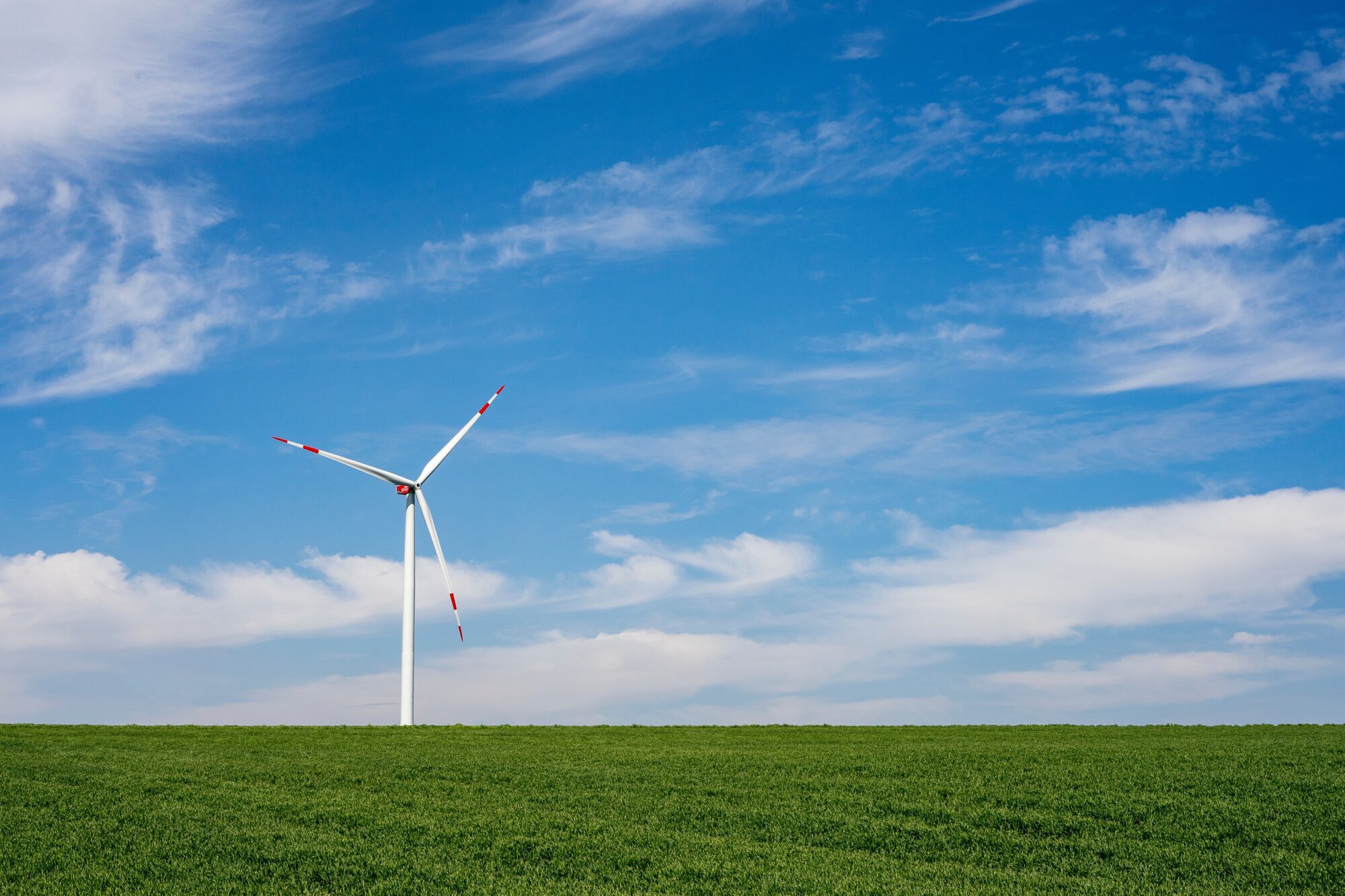
Deprived of Russian natural gas, and having closed its nuclear plants, Germany is also behind on its wind energy goals.
A new report from the wind energy association Bundesverband WindEnergie shows that the country is far off from meeting its targets for wind energy installations—an important factor in achieving its set goal of producing 80% of electricity from renewable sources by 2030.
The report showed that though windmill installation was speeding up, “the expansion falls short of the requirements for reliably achieving an expansion target of 115 GW in 2030.”
Wind installations in the first half of 2023 were already 65% of those installed in 2022, with 331 wind power stations having been built in the country since January. This increased the nation’s electricity production capacity by 1.57 gigawatts (GW). To meet the goal the country set for itself, though, 10 GW of wind energy would have to be built each year from 2025 on, according to the report.
The study cited the main obstacles to installing more wind power as resistance from local communities and government bureaucracy. It takes a little over two years to get a wind park approved for construction, according to the study, and so far installations have been concentrated in the northern part of the country.
The group called for cutting down the red tape to speed up the pre-construction process.
Less bureaucracy for wind power is exactly what many local communities fear, as it often means environmental and social impacts on them are ignored. In Spain, grassroots groups have used hasty processes to get approvals for windmills overturned in courts. One of the latest rulings in Spain could affect dozens of planned wind installations in the northern province of Galicia and deeply impact the sector’s operations in the region.
Chancellor Olaf Scholz’s coalition government has plans to allocate at least 1.4% of the country’s surface area to wind power stations by 2027, and at least 2% by 2032, Currently, 0.7% is dedicated to producing wind power.
Germany also held its first auction of rights to build offshore wind power plants last week, Reuters reports, raising 12.6 billion euros ($14 billion) from the winning bids from energy giants BP and TotalEnergies.
Germany has been subsidising wind and solar energy for over two decades, but the much-lauded green energy transition is proving harder to achieve than its proponents had anticipated.
